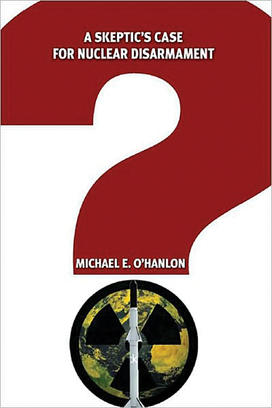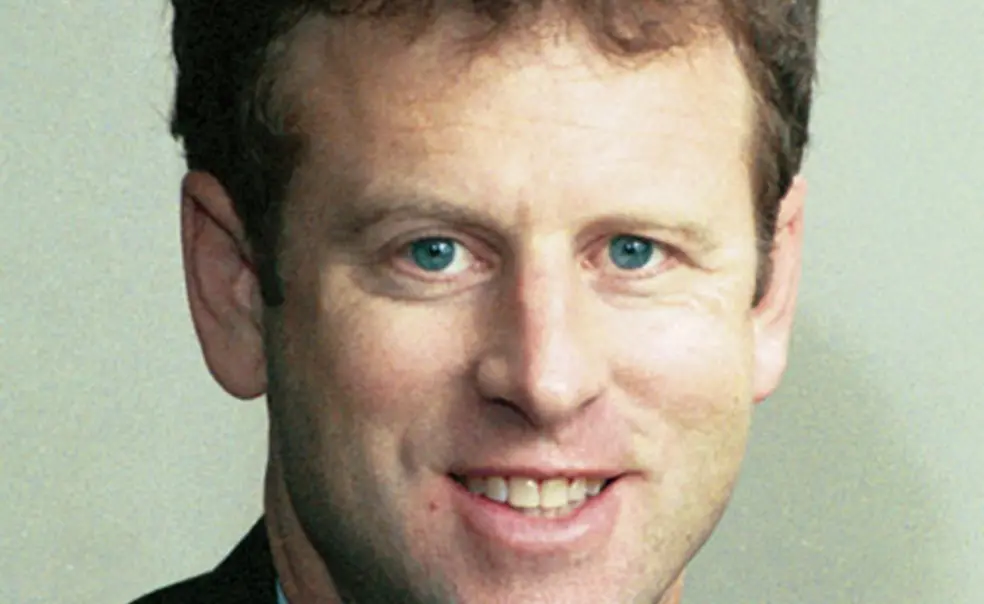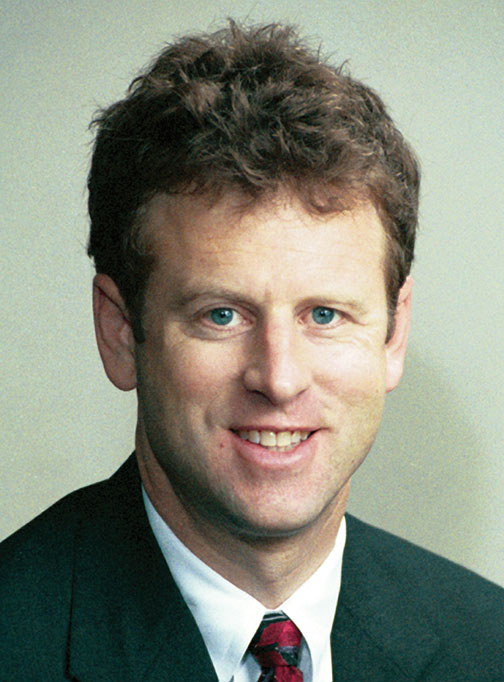A case for arms control
Michael O’Hanlon ’82 *91 provides a road map for dismantling nuclear weapons

Full nuclear disarmament sounds enticing — but Michael O’Hanlon ’82 *91 believes that such a policy risks peril as well as promoting hope. This duality undergirds his new book, A Skeptic’s Case for Nuclear Disarmament (Brookings Institution Press).
For O’Hanlon, a senior fellow at the Brookings Institution, the book bridges his longstanding interest in disarmament with his experience as a hardheaded expert in military affairs and foreign policy.
As he wrote the book, O’Hanlon tried to craft a balance between realpolitik and the ideal of a nuclear-free world. “This book does not argue against the notion of nuclear abolition; it is in fact a friendly skeptic’s case for nuclear disarmament,” O’Hanlon writes.
O’Hanlon took a roundabout route to international-relations wonkdom. He caught the “physics bug” as a youth and transferred to Princeton after two years at Hamilton College in order to join the University’s storied physics department.
Eventually, however, O’Hanlon realized that he was unlikely to cut it as a top-tier physicist. He shifted his field of study to the Woodrow Wilson School, where he earned a doctorate. He developed a specialty in arms control, in part because it enabled him to combine his scientific expertise with international relations.
O’Hanlon warns that the idea of true disarmament — permanently abolishing nuclear weapons — is alluring, but it comes with drawbacks. It risks alienating U.S. allies who have come to rely on America’s nuclear protection. In addition, O’Hanlon’s background in physics has given him a good sense of how tough it is to verify that nuclear materials have been permanently destroyed. And he says that regional instabilities tend to foster extremist states that would be unlikely to go along with international accords. As a result, he says, it’s “unrealistic to get rid of nuclear weapons in a world full of crises.”
Instead of full disarmament, O’Hanlon suggests a more modest position in which nuclear weapons are dismantled, allowing for their redeployment if circumstances ultimately demand them. He provides a detailed road map for how it might happen, along with a thorough discussion of the potential pitfalls.
“Abolition is too sweeping, absolute, and permanent an action,” O’Hanlon writes. “The force of a treaty alone will not relegate nuclear weapons to the dustbin of history. But complete dismantlement for an indefinite period may be possible.”
The nuanced approach fits O’Hanlon’s reputation as a centrist — a scholar with liberal roots who nonetheless believes that military interventions can have value.
O’Hanlon pauses a moment when asked if he’s a pragmatist, circling back to his stance on arms control. “I think a true pragmatist wouldn’t bother with [arms control],” he says. Iran, China, and other foreign-policy challenges are more urgent. Arms control, adds O’Hanlon, “is not the kind of thing you’d waste your time on if you’re a true pragmatist looking one or two years ahead.”
Louis Jacobson ’92 is a staff writer in Washington with PolitiFact.com.













No responses yet